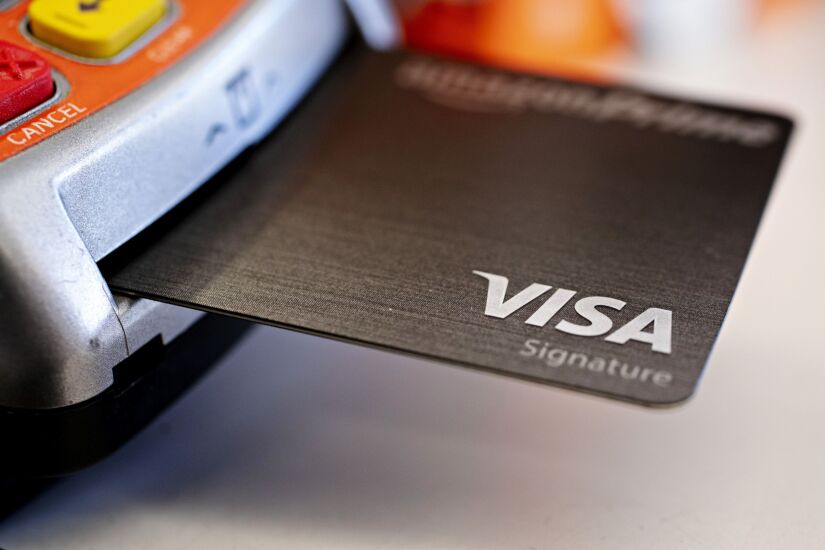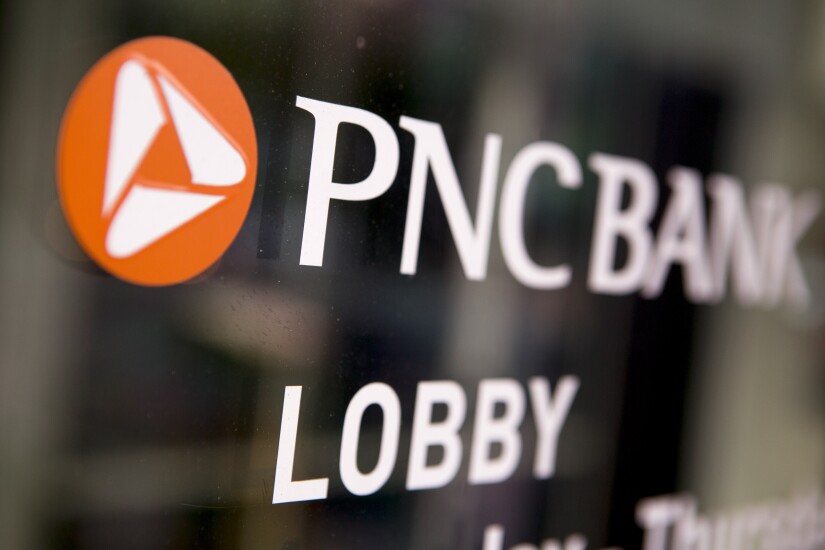Companies that don't pay employees when and how they want to get paid may find themselves short-handed at a time when entire national economies are searching for labor.
"The concept of waiting two weeks for a paycheck doesn't seem natural anymore," said Jim Filice, vice president and head of new payments at Visa in Toronto.
Visa in late March launched a product that allows DoorDash's Canadian drivers to get paid in near-real-time with compensation based on work accrual. This is just one in a series of developments from payment companies, banks and fintechs that are using real-time payments, digital assets, short-term merchant lending and automated expense reporting to expand relationships with business clients worried about finding — and keeping — workers.
"Wage flexibility has become a benefit just as much as medical or dental," Filice said.
The labor shortages are ongoing and international. More than 4.3 million workers in the U.S. voluntarily left their jobs in February, an increase of 94,000 from the prior month, according to
There are similar pressures in Canada, where
By streamlining or digitizing payroll, or making it possible to boost salaries, the following payment companies are trying to give employers an advantage over a competitor that does not offer as much flexibility.














